Projects
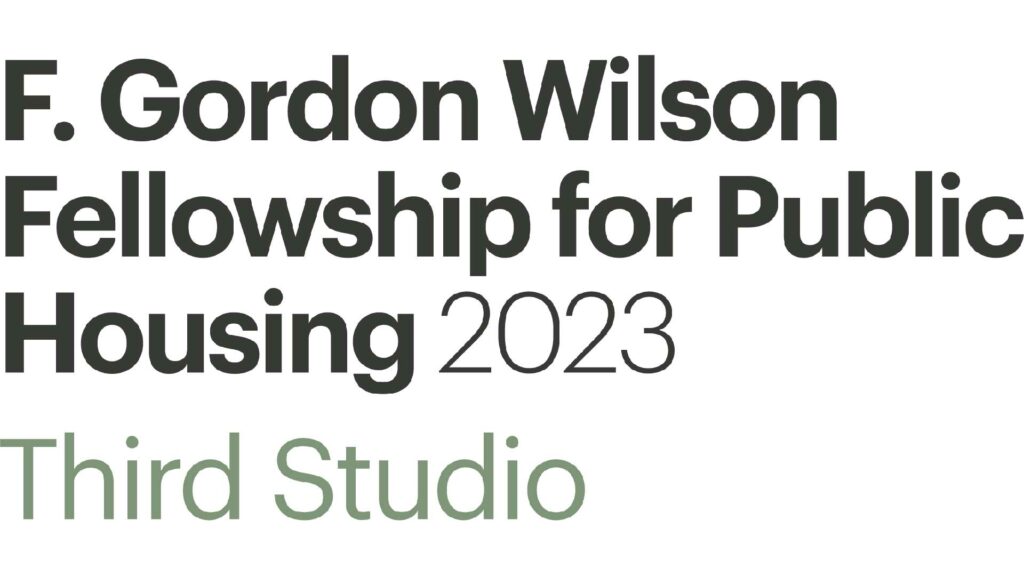
Gordon Wilson Fellowship
As the inaugral recipients of the F. Gordon Wilson Fellowship, Third Studio’s research asks: As extreme climate-related weather events increase, are we building structurally resilient public housing that enables social resilience? The research fellowship seeks to promote creative design thinking, problem solving, and new ideas and approaches to significant unmet housing needs across Aotearoa New Zealand.
Made possible by Te Kāhui Whaihanga New Zealand Institute of Architects and the Wilson Family.
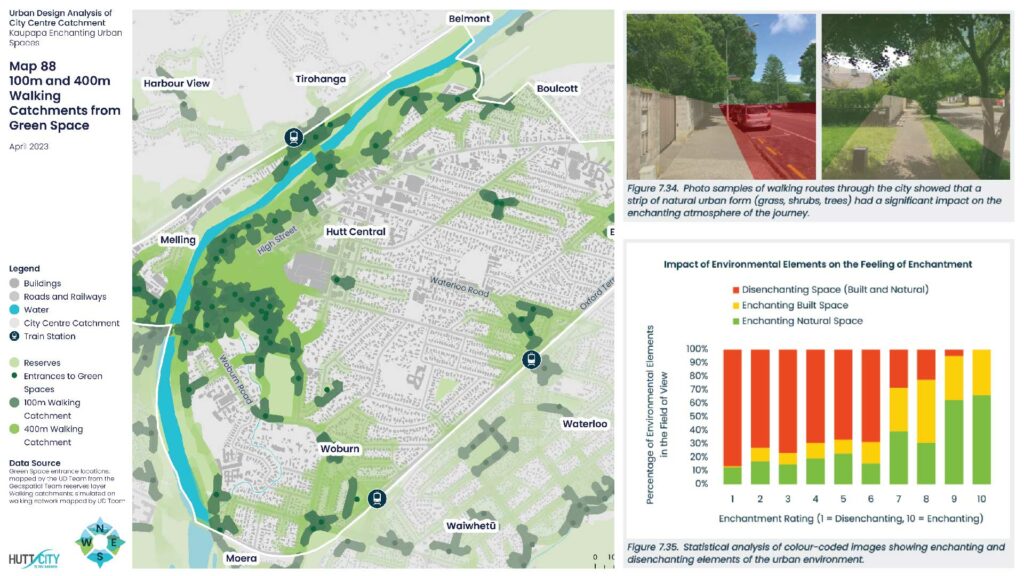
Te Awa Kairangi ki Tai Urban Design Analyses
Third Studio supported Hutt City Council’s Urban Design team on their 2023 Urban Design Analysis, a series of studies of Lower Hutt’s city centre which identified strengths, weaknesses and opportunities of the urban environment through seven kaupapa: re-indigenisation, enchantment, social equity, economic outcomes, ecosystems, housing and neighbourhoods and infrastructure. This formed the basis of a spatial plan and included a draft engagement strategy.
In collaboration with Hutt City Council.
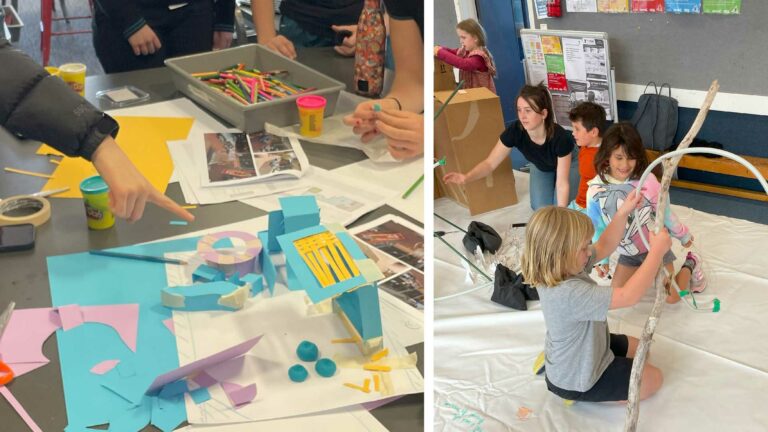
Cuba Street Playground
Third Studio is leading the engagement and design for the Cuba Street Playground rebuild, ensuring young peoples’ and mana whenua values and aspirations translate into this significant space in the centre of Wellington.
In collaboration with Wellington City Council and Taranaki Whānui ki Te Upoko o Te Ika.
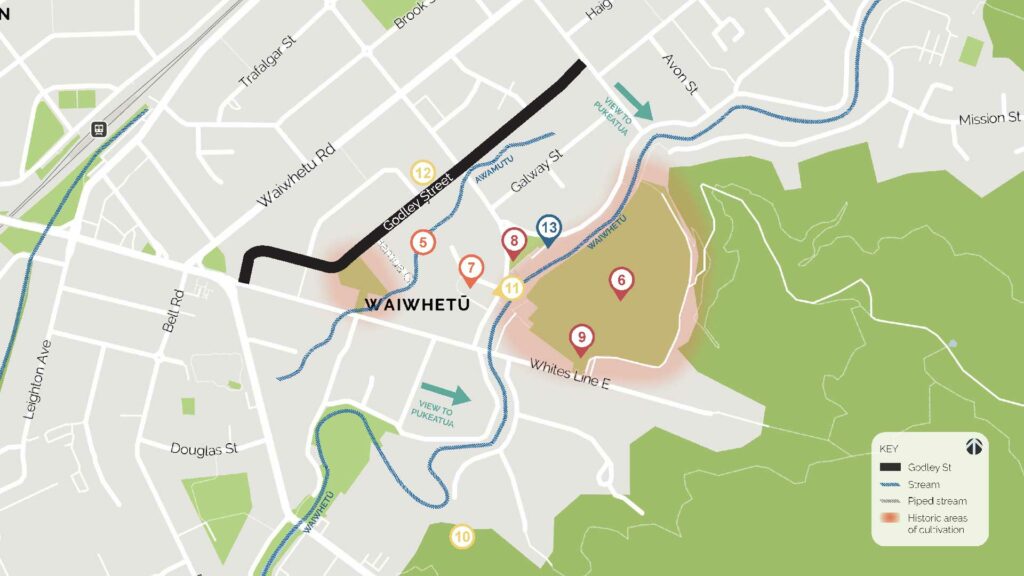
Mana Whenua
Sites of Significance reports
Initiated by Te Āti Awa and Kāinga Ora, this document guides the zoning, planning, design and building of Kāinga Ora projects in Te Upoko o te Ika (Wellington Region). It locates sites that are significant to Mana Whenua of this rohe and assists Kāinga Ora, its partners, architects, urban developers and designers in actively reflecting Te Āti Awa values and narratives in the design of residential and urban projects.
In collaboration with Te Rūnanganui o Te Āti Awa, Kāinga Ora, Baked Design and Te Ahuru Designs.
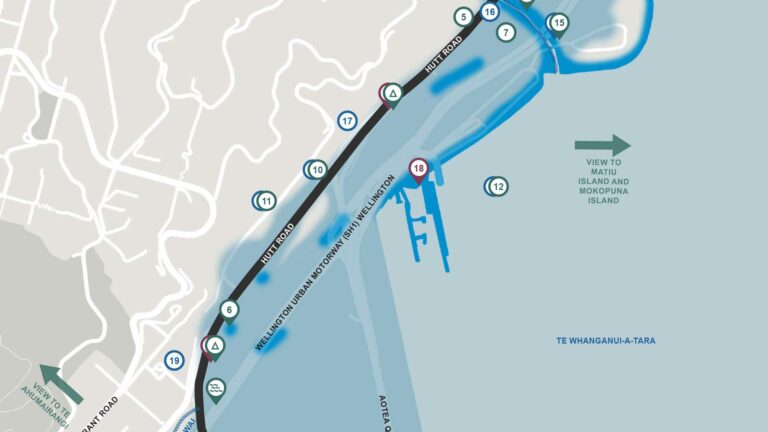
Mana whenua
aspirations plan
This plan is a resource to guide the planning and development of the built environment by locating Mana Whenua aspirations which are based on long-standing habitation and historical links to the whenua in Te Whanganui-a-Tara. Third Studio worked closely with Te Pīringa to wānanga, record and present Mana Whenua values and aspirations in the whenua and provide guidance on how to collaborate with Mana Whenua going forward.
In collaboration with Taranaki Whānui ki Te Upoko o Te Ika, Let’s Get Wellington Moving and Wellington City Council.
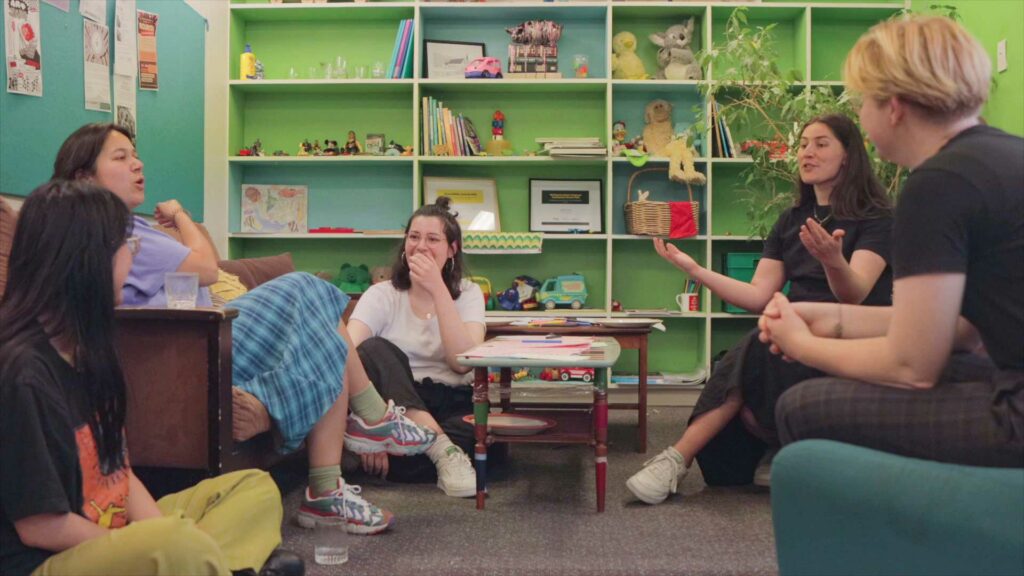
Rangatahi IN THE CITY Report
and video storybook
Wellington City Council engaged Third Studio to re-evaluate how they were engaging with young people about their future housing needs. The project asks: how might WCC and rangatahi meaningfully co-create a process that activates youth voice and agency? The outcomes were a report of key findings and recommendations and an audiovisual storybook which tells the story of the three pilot workshops, presenting sentiments and opinions directly from rangatahi who took part. This report has had a direct impact on WCC’s District Plan and their engagement strategy with rangatahi.
Rangatahi in the City was created in collaboration with a group of rangatahi from Pōneke and Wellington City Council.
HOUSING ASPIRATIONS COMPUTER GAME
As part of Rangatahi in the City workshops, Third Studio developed a computer game for rangatahi to explore housing concepts in three dimensions. The game prompts players to think about building heights, density, walkability, different ways of living in Pōneke and how these aspects of the city impact young people’s day-to-day lives.
Rangatahi in the City was created in collaboration with a group of rangatahi from Pōneke and Wellignton City Council.
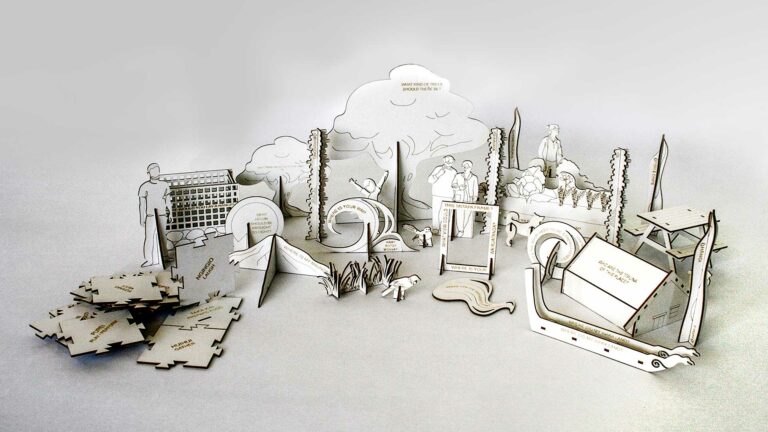
Aotearoa Urban Planning Toolkit
The toolkit uses cardboard to represent objects from our built environment to start conversations about what we value in our public spaces. Specifically designed for the Aotearoa context, it includes native plants, significant sites, mātauranga/knowledge and other things that Kiwis hold dear.
In collaboration with the Imagining Decolonised Cities Team, Jershon Elkington, Rebecca Kiddle and the Royal Society of New Zealand Te Apārangi Marsden Fund.
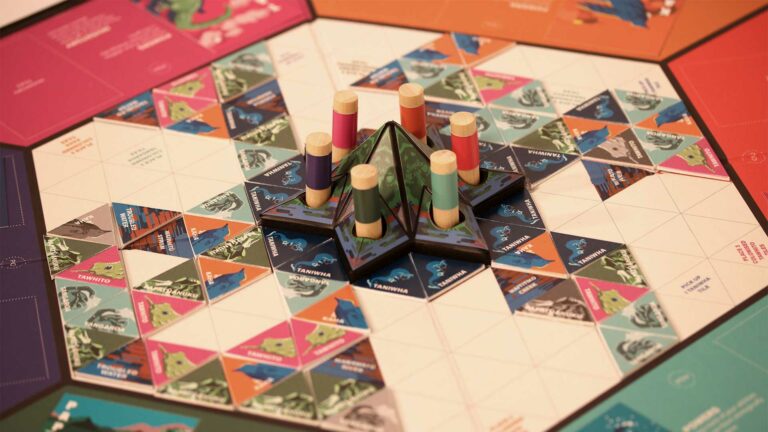
He Haerenga ki te Maunga
board game
He Haerenga ki te Maunga (The Journey to the Mountain) is an educational tool focused on unpacking the effects of colonisation on Aotearoa today. By working as a team, players decolonise pathways towards Rangituhi (the mountain) collaboratively.
In collaboration with the Imagining Decolonised Cities Team, Jershon Elkington, Rebecca Kiddle, Amber Strain, Tuakana Metuarau and Ngā Pae o te Māramatanga.
EDUCATION SPACES VIRTUAL REALITY EXPERIENCE
Virtual reality (VR) is an immersive experience that replaces the real world with a digital one. Total immersion in a conceptual space is a powerful experience that often evokes instinctive reactions (like reaching out to touch an interesting texture, or the flip of your stomach when you’re at a cliff’s edge). The tools propel communication and turns kōrero (talking) into whakaari (showing, acting out).
These experiences were created in collaboration with Ngāti Toa rangatahi and Te Rūnanga o Toa Rangatira
Kiribati youth learning
centre computer game
This game prompted Kiribati youth to ‘explore’ and ‘report’ to a person how they felt about the proposed conceptual design for the Kiribati Youth Learning Centre. By asking open-ended questions regarding colour, spatial qualities, functionality for activities and cultural adequacy, it allows for a wider variety of responses and provides youth the agency to raise concepts the designers may not have thought of. Computer games are powerful, interactive tools that allow people to explore spaces at their own pace and see the impacts of design decisions in real time. Some prompt questions to be discussed with facilitators/designers in the room, while others send feedback remotely.
In collaboration with Field Studio of Architecture + Urbanism and ChildFund NZ.
the youth hub
computer game
This game allowed young people to create their own space for the Ōtautahi Youth Hub. Once complete, young people can choose to send an automated screenshot to the architects as feedback. These responses then create a database for architects to make design decisions from. Interaction with the conceptual spaces can range from question prompts to changing the shape and materials. Because this game can be sent to individuals, it has the ability to have far greater reach and accessibility to a variety of groups. From a youth perspective, the gamification creates excitement for otherwise mundane activities like looking at plans and 2D images.
In collaboration with Field Studio of Architecture + Urbanism and Te Ora Hou Ōtautahi and The Youth Hub Trust
(a) Rangatahi Project
An exploration of architects and rangatahi collaborating in the design of spaces in order to activate youth agency.
Master of Architecture thesis by Mitra Homolja.
a third space
Architecture through a lens of decolonisation.
Master of Architecture thesis by Ellie Tuckey